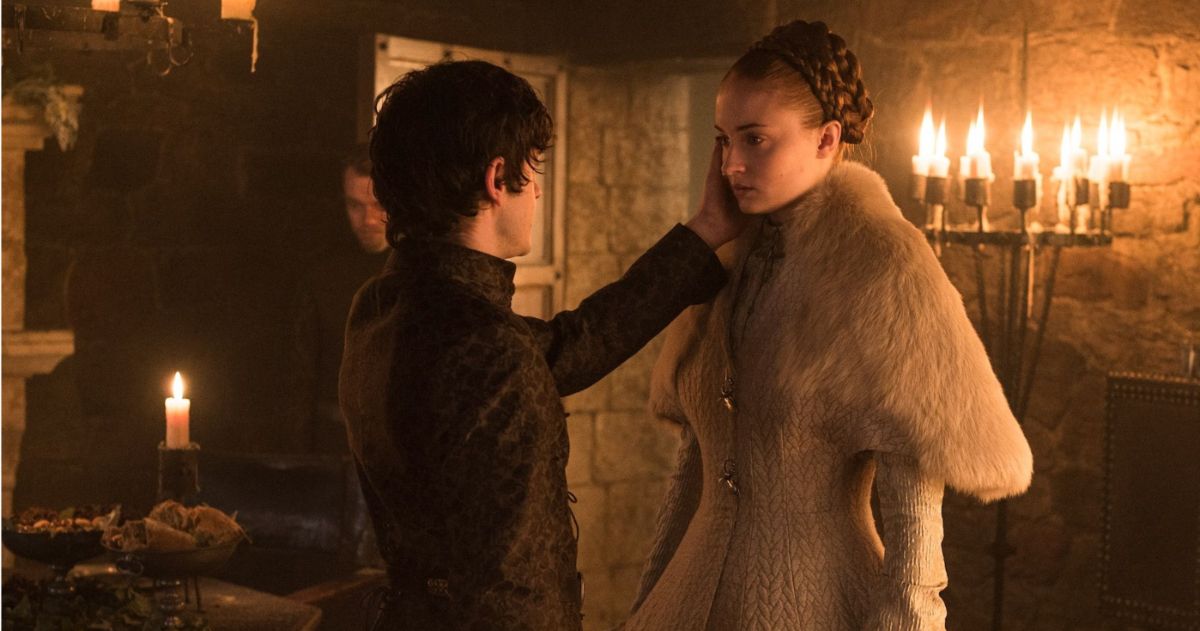While there will be some bad things that happen to the characters in House of the Dragon, viewers shouldn't expect to see any acts of sexual assault actually portrayed on-screen. In the show's parent series, Game of Thrones, there had been multiple instances of sexual violence that had garnered some controversy for the HBO series. Because the spinoff is set in the same universe, some fans may be wondering if House of the Dragon will similarly feature such disturbing scenes.
Speaking about what will be shown in the series in a new interview with The Hollywood Reporter, the show's creatives confirm that House of the Dragon "pulls back" on portraying sexual violence. Co-showrunner Miguel Sapochnik says that this king of thing does happen in the Game of Thrones universe and they're not planning to "shy away" from that, but the idea is to handle those scenes with great care.
“[We will handle it] carefully, thoughtfully and [we] don’t shy away from it. If anything, we’re going to shine a light on that aspect. You can’t ignore the violence that was perpetrated on women by men in that time. It shouldn’t be downplayed and it shouldn’t be glorified.”
In a separate interview with Vanity Fair, writer and executive producer Sara Hess made it clear that instances of sexual violence will never be physically shown on-screen, though it does happen at least once with an off-screen assault.
“I think what our show does, and what I’m proud of, is that we choose to focus on the violence against women that is inherent in a patriarchal system. There are many ‘historical’ or history-based shows that romanticize powerful men in sexual/marriage relationships with women who were actually not of an age to consent, even if they were ‘willing.’ We put that onscreen, and we don’t shy away from the fact that our female leads in the first half of the show are coerced and manipulated into doing the will of adult men. This is done not necessarily by those we would define as rapists or abusers, but often by generally well-meaning men who are unable to see that what they are doing is traumatic and oppressive, because the system that they all live in normalizes it. It’s less obvious than rape but just as insidious, though in a different way.”
Game of Thrones Drew Controversy for Depicting Sexual Violence
Certainly, the most well-known incident of sexual assault that occurred in Game of Thrones was in a scene that happened in the season 5 episode, "Unbowed, Unbent, Unbroken." The infamous scene in question featured Ramsay Bolton (Iwan Rheon) assaulting Sansa Stark (Sophie Turner) while forcing a disturbed Theon Greyjoy (Alfie Allen) to watch. After airing, the episode drew great criticism from many viewers and critics who argued that depicting sexual violence on screen was unnecessary.
“It was the worst day of my career," Rheon later said of filming that scene, via Metro. "That was horrible. Nobody wanted to be there. Nobody wants to do that, but if it’s telling a story then you have to tell it truthfully. They didn’t sensationalize it or anything. It was very, very hard watching. It’s a horrible thing that happens, unfortunately, and it shouldn’t be."
And let's not forget that Rheon's Ramsay Bolton was also the one who had removed a certain appendage from Theon's body in another vicious form of unforgettable on-screen sexual violence. But this was not exactly new territory for the series, which had been depicting sexual assault since the very first season. When Daenerys Targaryen (Emilia Clarke) was assaulted by her new husband Khal Drogo (Jason Momoa), though she went on to fall in love with him.
Later speaking about that scene with the New York Times, Momoa said, “Well, it was important to depict Drogo and his style. You’re playing someone that’s like Genghis Khan. It was a really, really, really hard thing to do. But my job was to play something like that, and it’s not a nice thing, and it’s what that character was. It’s not my job to go, ‘Would I not do it?’ I’ve never really been questioned about ‘Do you regret playing a role?’ We’ll put it this way: I already did it. Not doing it again.”


